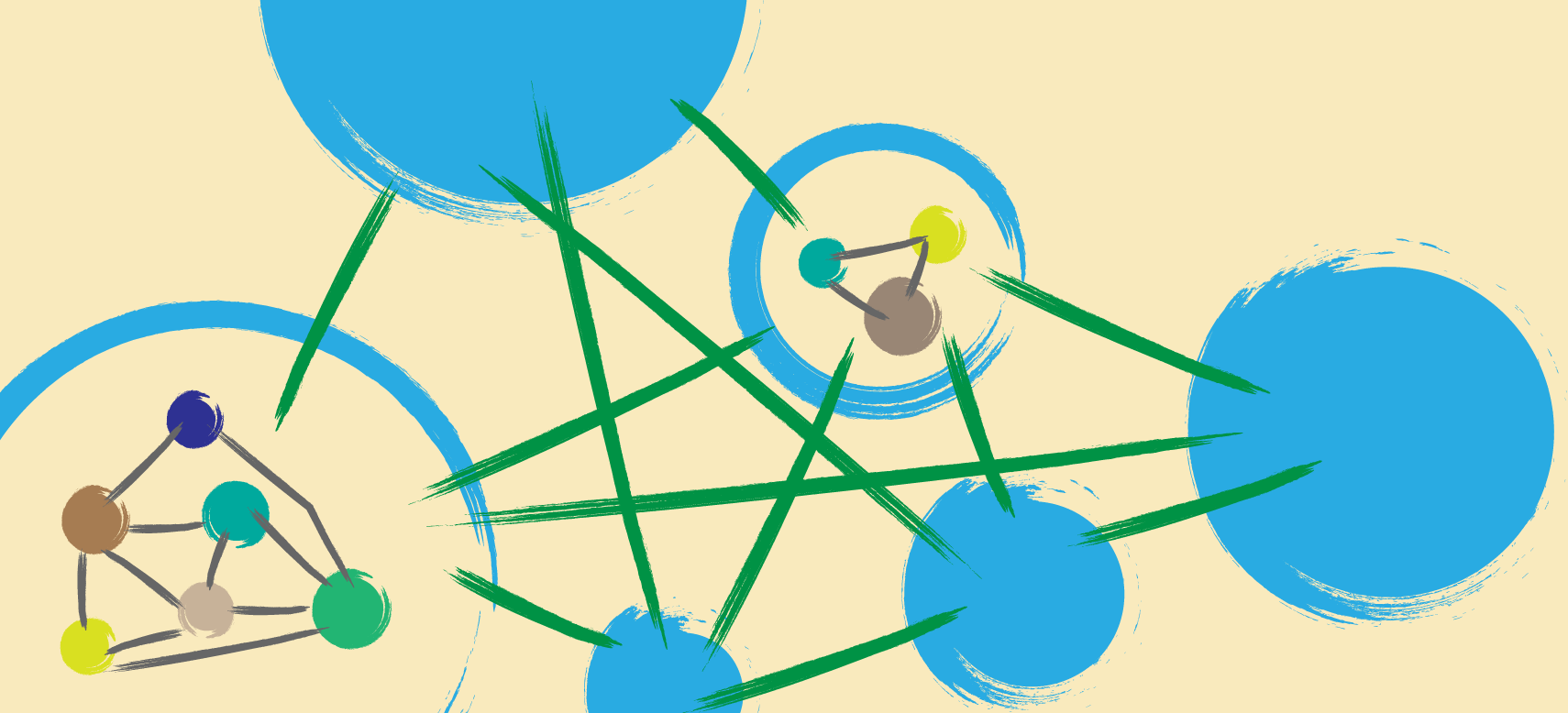In this series, we discussed climate change from a multitude of vantage points: academia, organizations, corporations, governments, and individuals. We intend to show how each group is distinct in its influence but ultimately interconnected and reliant on each other to propel lasting climate action.
Regardless of size, every entity is made up of people. Whether it be a community garden led by a few individuals or a larger initiative supported by thousands, people’s desire for climate action is determined by their personal position on the matter. This position is determined by three key factors (Proceedings of the National Academy of Sciences).
What they regard as truth
How they see themselves as individuals and society members
How they deal with social issues
What they regard as truth
People surrounded by ideologies suspicious of climate research might feel that sustainable policies and guidelines challenge their beliefs and lifestyles and are less likely to regard climate science as true.
Advocating for climate science is more difficult when surrounded by non-believers who influence local laws and climate policies. Arguing doesn’t tend to get us very far on these issues, but climate science advocates should try to stay resolute amidst these agonizing conversations.
Denial is a reaction due to fear of the unknown. Starting a conversation with those who deny climate change by providing facts about the issue is a great way to introduce the topic, and framing the facts in a compassionate, community-focused way can propel mutual understanding. Even still, only engage in these conversations when you feel secure and respected by the other party.
How they see themselves as individuals and society members
In the United States, people tend to think on the basis of individual impact and personal capability. Culturally, Americans believe that they control their own destiny and are ensured liberty and personal freedoms as a basic right. This can be a motivating and freeing feeling, but when trying to improve systemic challenges, individualism can feel limiting as problems feel too big to conquer.
How people see themselves as individuals is important because it determines how they perceive their impact on the environment. The amount of pollution reduced when one person ditches their car and commutes by bus is negligible. However, the influence that one person might have on their social circle, when they share their commute-decision with others, can cause a ripple effect of sustainable choices that lead to greater impact.
Decisions, such as the bus commute example, are called contagious behaviors. This is because people are likely to adopt them after seeing them in practice by someone else (Mic). Other examples include participating in peaceful protests, hosting climate conversations, and posting your sustainability efforts to social media. Rather than solely trying to minimize one’s own carbon footprint to fix the climate crisis, collective action recognizes climate change as a problem that requires the contributions of the whole community and not just a small group.
When tackling climate change, it is important to avoid an individualistic mindset, and rather think about actions in terms of the greater community. How can you challenge norms and inspire others to adopt more sustainable habits? Are there any environmental problems you can call out to make the people around you more aware of the issue? As a member of a larger entity such as a company or organization, how can you make environmentalism more integral to the discussions being had in the spaces where you have influence?
How they deal with social issues
Some individuals are more likely to respond to social issues than others. This can be for social, cultural, or personal reasons. People who haven’t been directly or majorly affected by the impacts of climate change might feel less of a sense of urgency in the matter. Climate change predominantly affects lower-income communities that don’t have the infrastructure to defend against extreme weather events (EPA Report).
Wealthy CEOs don’t push climate practices forward because they don’t feel the gravity of the issue in the same way other people do. Therefore they will continue to perpetuate bad practices that cause environmental damage because they don’t see the benefit in changing their practices at the risk to their bottom line.
On the other hand, individuals greatly impacted by the climate crisis might struggle to deal with the reality of climate change as well. It can be overwhelming to process social issues like climate change, leading some to avoid discussing it altogether. Not everyone needs to be a climate activist or expert. That’s why it is important to lean on the experts and people committed to this work in order to push climate action forward.
Even if you don’t have the bandwidth to lead an initiative, think of the smallest step you can take toward climate action. Who are the people in your community pushing the climate conversation forward? In your organization or company, is there a team of people committed to assessing climate change and your company’s impact? If not, who can you raise this concern to that will have the power to implement change?
In Conclusion
The conversation does not end here. Be on the lookout for more of our work in the sustainability space.
Writing and illustration by Nia-Simone Eccleston, Design Strategist Apprentice.





